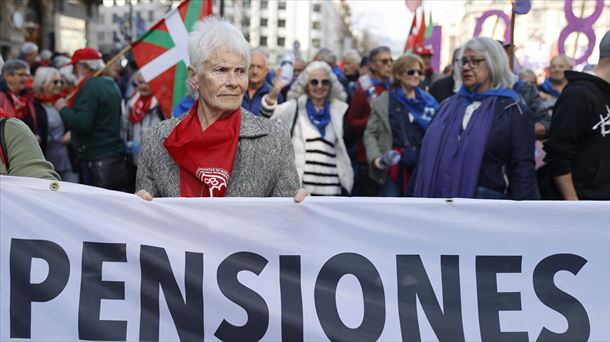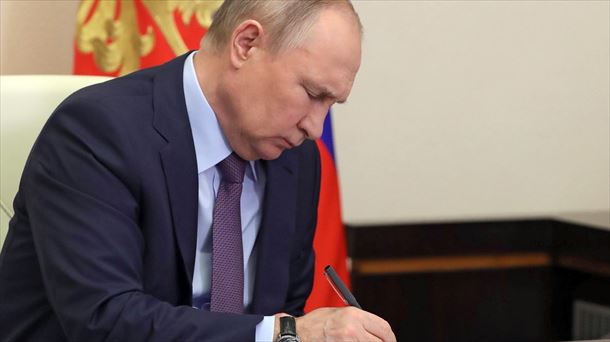Former US Secretary of State and US Democratic presidential candidate John Kerry was US President Joe Biden’s special envoy on climate issues at the OSCE summit in Vienna. He granted the “Krone” an interview about climate change as a global security risk. The 79-year-old did not want to answer questions about Russia, Donald Trump or China.
“crown”:Here in Vienna in 2015, as US Secretary of State, you helped negotiate the Iran nuclear deal. Today you are fighting climate change. The nuclear deal failed. Which is more dangerous?
John Kerry: The threat of the climate crisis is as much a battle for the future as anything we’ve ever faced – and depends on the choices we make now. But she has the potential to get even more serious. Millions of people suffer and die every year. We are destroying future prospects for future generations because we have not yet been willing to collectively muster the willpower to do what the science and evidence tell us to do.
Later UN Secretary-General Boutros Boutros-Ghali warned in 1985: “Wars of the future will be fought over water.” How long do you think it will be before he is proven right?
We already have countless conflicts being fought over water. In Africa, in South Asia. Water is already scarce in many regions and a multitude of crises. If there are massive droughts, this inevitably leads to migration. This can already be seen in different parts of the world.
We have numerous crises, such as the Russian offensive war against Ukraine. As a result, the problem of climate change is falling behind again. What measures should be taken now?
No country should think that climate change is lagging behind. It’s red hot. It happens every day. We cannot avoid it and we must not take a break in the fight against it. We are already behind, even when promising things happen. But we need to get them out much faster and on a larger scale to meet the challenge. Because we’re on the brink now. The global warming target of 1.5 degrees is under threat. Any failure to do so will cost much more exponentially and will be a much greater burden to humanity.
But many measures are postponed time and time again, such as the switch from fossil to renewable energy. Out of consideration for the world economy, which otherwise threatens to collapse in times of crisis. You hear that argument often. But we stumble from one crisis to another. We go in circles.
Not everything. Many are absolutely clear about what needs to be done and how it should be done. But there are other people whose interests may be at stake, financially or otherwise. Or who prefer the status quo for various reasons. Because they fear change and fight back. The bottom line is that there are 20 of the world’s largest economies that are responsible for almost 80% of all emissions. If they can get them to switch to renewable energy faster, they can have the biggest positive impact on this crisis.
In 2050 there will be ten billion people on earth. Without intervention, the 1.5 degree target will not be achieved. How long before people’s daily lives need to be corrected? Contraception, meat only once a week, car-free days, etc.?
No one, neither myself nor President Joe Biden, wants to control or interfere in anyone’s life. What we’re trying to do is create incentives. Any omission will cost us dearly. We can’t wait any longer. The economic benefits, the available jobs, the transition initiatives, the new technologies will provide better health, less disease, more security. The advantages of a faster changeover therefore far outweigh the disadvantages. Otherwise, food security will be jeopardized.
You are a big football fan. 2026 is the World Cup in the US, Canada and Mexico. Which do you think is more likely: the US to win the World Cup or the world to meet the 1.5 degree global warming target?
That’s impossible to answer (laughs).
Source: Krone
I am Wallace Jones, an experienced journalist. I specialize in writing for the world section of Today Times Live. With over a decade of experience, I have developed an eye for detail when it comes to reporting on local and global stories. My passion lies in uncovering the truth through my investigative skills and creating thought-provoking content that resonates with readers worldwide.



